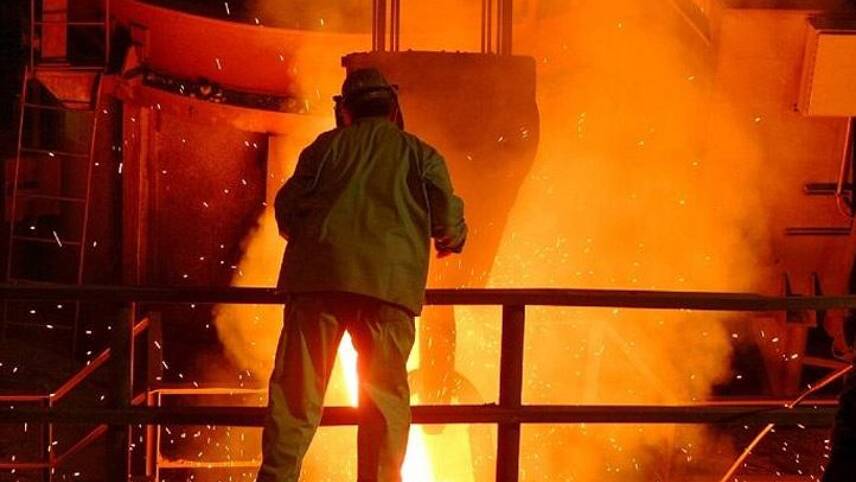Register for free and continue reading
Join our growing army of changemakers and get unlimited access to our premium content

Steel is widely regarded as a hard-to-abate sector
The funding, awarded by the Government-backed Centre for Research into Energy Demand Solutions (CREDS), will be used by teams working to develop a roadmap for decarbonising the UK’s steel industry in line with the national 2050 net-zero target.
More than 90% of metal produced in the world is steel, and the sector is accountable for around 7% of global emissions.
In response to the issue on a UK scale, the research at Sheffield and Leeds Universities will result in the creation of a fully-costed roadmap, taking into account the policy, finance and technological changes that will need to occur over the next three decades.
Researchers will assess the role which electrification, energy storage and alternative fuels for heating should play in the steel sector’s transition to net-zero, given that the sector is a large consumer of energy.
But they will also explore how the sector could boost the uptake of recovered materials from scrap and change material production methods, in light of the Ellen MacArthur Foundation’s finding that 45% of global emissions are tied to linear models of material consumption. Currently, 50% of steel produced in Europe is derived from majority scrap material, according to the European Steel Association.
Away from corporates and innovators, policy will also play a crucial role, the project’s principal investigator Professor William Gale emphasised.
“The reality is the steel industry in the UK has to decarbonise, but this has to be done sensitively otherwise there is a risk the industry will relocate to where the rules on carbon are laxer,” Professor Gale said.
“Our challenge is to bring about real change without eroding the wafer-thin margins on which the industry operates…. Steel is an important material so we can’t just stop manufacturing it.”
Professor Gale sits within Leeds University’s school of process and chemical engineering, but the project will also receive input from experts in the fields of policy, business and energy.
True as steel
Net-zero policy frameworks aside, a report from CDP last summer revealed risks that go beyond the reputational for the steel sector.
The report warned that water scarcity, global warming and an increased carbon price will place more than 10% of the global steel sector’s economic value at risk by 2030.
In response to the issue, the likes of Tata Steel, ArcelorMittal, Baoshan Iron & Steel, Beijing Shougang , Inner Mongolia Baotou Steel and Liberty Steel have all begun upping their investment into low-carbon technologies. The latter has notably pledged to deliver carbon-neutral operations by 2030, through investments in energy efficiency, renewable energy, recycled materials and carbon capture and storage (CCS).
In the UK specifically, steelmakers and university experts have teamed together on a seven-year research programme aimed at boosting the productivity of the steel sector while decarbonising in line with climate targets. The £35m SUSTAIN programme aims to double the gross added value of UK steel manufacturers by 2030, increasing the number of jobs to 35,000 and boosting productivity by 15%.
Sarah George


Please login or Register to leave a comment.